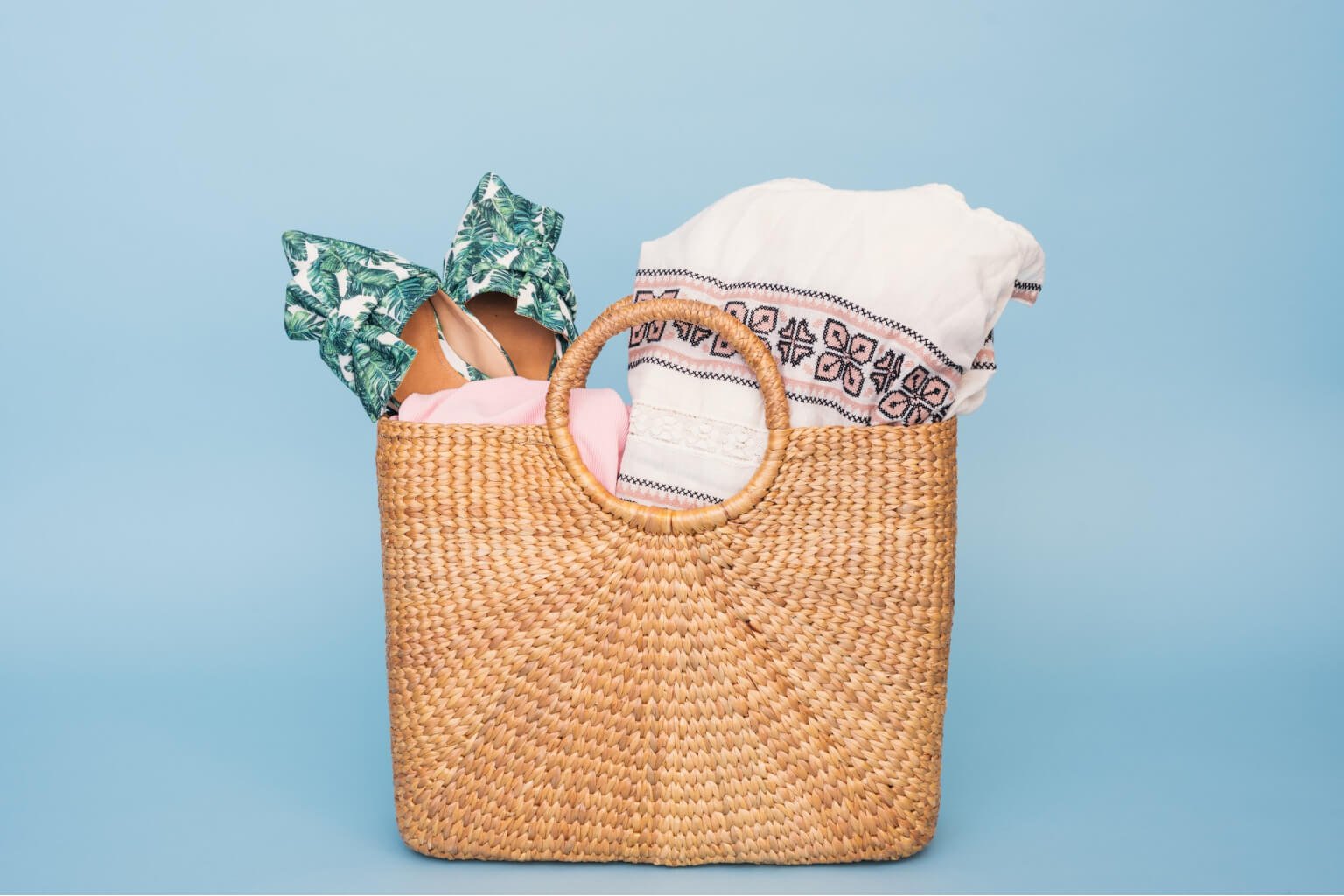The Future of Eco-Friendly Fabrics
in Outdoor Apparel
Explore the innovative materials we’re using to create durable, eco-friendly clothing. At Bornfidis, we’re redefining outdoor gear by focusing on sustainability without compromising performance. As adventurers and nature lovers, we’re committed to protecting the environment we explore, and that starts with the fabrics we use. In this blog, we’ll take you through the innovative, eco-friendly materials that are shaping the future of outdoor apparel—and how they’re making a difference for both the planet and your adventures.
The Rise of Sustainable Fabrics
Our goal is to provide adventurers with clothing that not only protects them from the elements but also has a positive impact on the environment. By embracing recycled, organic, and biodegradable fabrics, we’re reducing waste, lowering our carbon footprint, and ensuring our products align with the values of our eco-conscious customers.
Recycled Polyester: Giving Plastic Waste a Second Life
One of the most exciting advancements in eco-friendly fabrics is the use of recycled polyester, a material made from post-consumer plastic waste, such as discarded water bottles. By recycling plastics, we’re able to reduce the need for virgin materials and prevent more plastic from ending up in landfills or oceans.
At Bornfidis, we incorporate recycled polyester into many of our products, including our popular Empowerment Jacket, Eco-Friendly T-Shirt, Performance Hoodie, Adventure Pants. The material is not only environmentally friendly but also highly durable, water-resistant, and lightweight, making it perfect for outdoor gear. Recycled polyester allows us to create high-performance apparel while reducing our reliance on fossil fuels and minimizing waste.
Organic Cotton: A Softer, Greener Alternative
Cotton is a staple in clothing production, but conventional cotton farming is known for its high water usage and pesticide reliance. To combat this, Bornfidis uses organic cotton in our eco-friendly collections. Organic cotton is grown without harmful pesticides and synthetic fertilizers, making it a more sustainable and healthier choice for both the environment and farmers.
Hemp: A Low-Impact Powerhouse
Another fabric making waves in sustainable fashion is hemp. Hemp is an incredibly resilient and fast-growing plant that requires minimal water and no synthetic pesticides. Its fibers are naturally strong, which makes hemp fabrics highly durable—perfect for outdoor gear that needs to withstand rugged terrain and unpredictable weather conditions.
Tencel: Soft, Sustainable, and Biodegradable
Tencel, a fabric made from sustainably sourced wood pulp, is gaining popularity in eco-friendly fashion due to its softness, strength, and minimal environmental impact. The production process for Tencel uses significantly less water than cotton and employs a closed-loop system that recycles almost all of the chemicals used in manufacturing, making it one of the most sustainable fabrics available today.
The Future of Eco-Friendly Innovations
The world of sustainable fabrics is constantly evolving, and we’re always exploring new ways to reduce our environmental impact. From biodegradable waterproof coatings to plant-based fibers like bamboo and pineapple leaf fabric, the future of eco-friendly materials in outdoor apparel is bright.

